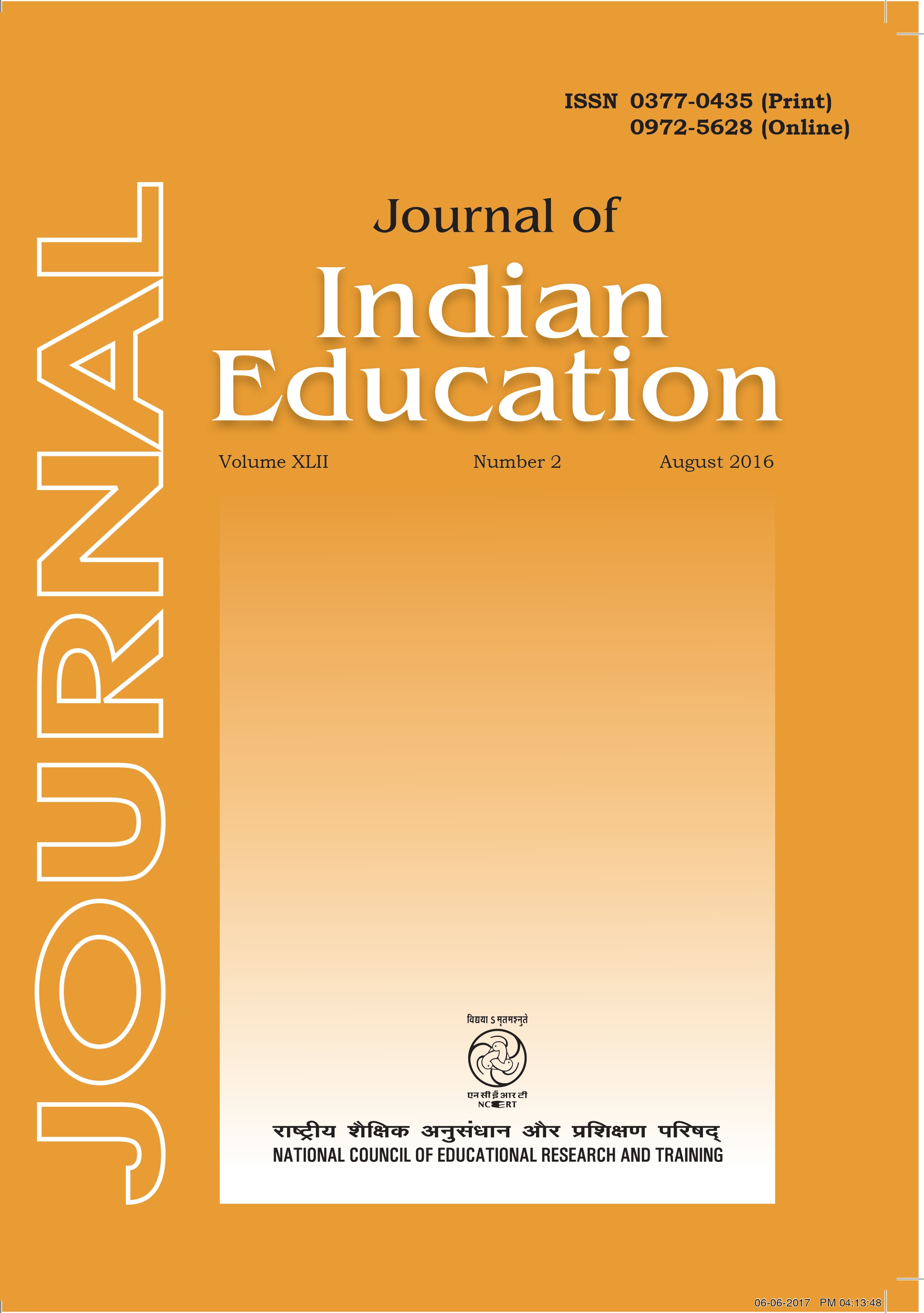Published 2024-12-13
Keywords
- Holistic Education,
- Quality of Education
How to Cite
Abstract
he chief proponent of humanistic viewpoint in education was Carl Rogers, an American psychologist, personality theorist and a renowned counsellor. His views on learning and teaching may be seen as an extension of his theory of psychotherapy. If his theory is client-centred, his theory of learning is student-centred. According to Rogers, today educational practices at all levels are basically authoritarian and coercive; teachers are perceived as possessors of knowledge, and students as its passive recipients; educational settings are typically impersonal, with greater emphasis on acquiring cognitive skills than on developing affective skills. Contemporary education does not teach us how to live with others in cordial relationships. Learning espoused by Rogers is significant or experiential learning; it gives equal emphasis to cognition as well as feeling. If experiential learning is to transpire, then a personal relationship between the teacher and the learner must exist. Certain attitudinal qualities such as (a) realness or genuineness in the teacher, (b) prizing, acceptance, trust, and (c) empathetic understanding, are crucial to such relationship. The teacher is seen as facilitator of learning and the goal of education is to make the students healthy and fully functioning persons.

